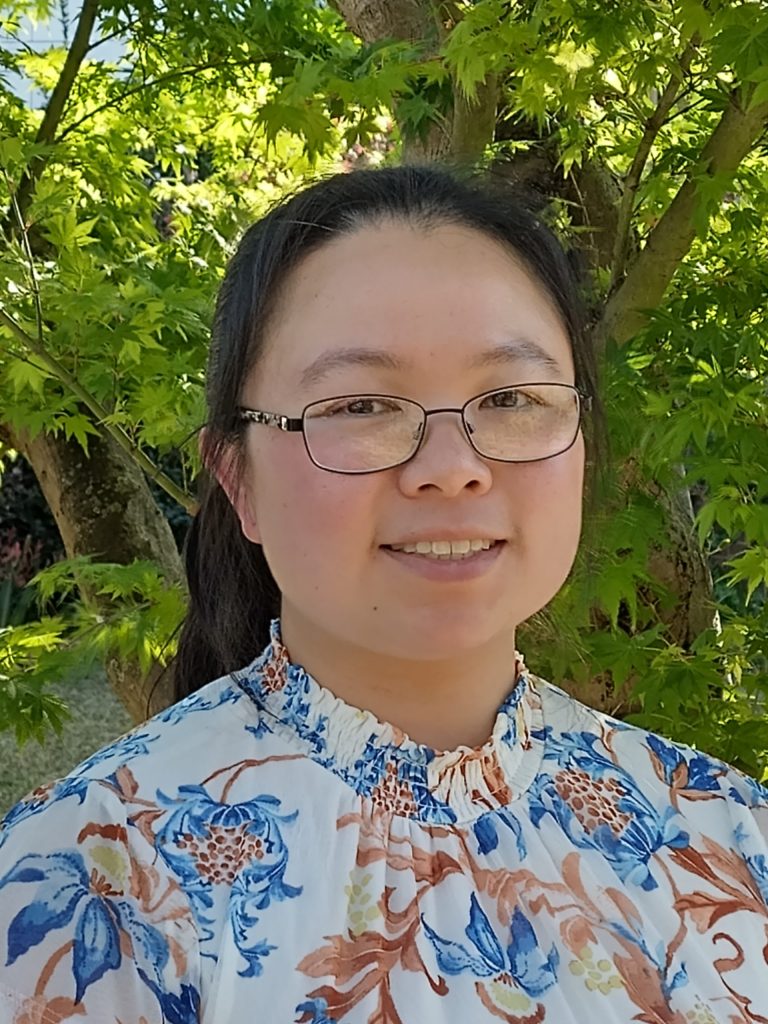- Mending Family Relationship
- Adapting to a racially and culturally diverse society
- Stress at work
- Does domestic corporal punishment work?
- Break Up for Good
- Different sexual attitude between east and west
- How to look after yourself?
- What you can do to encourage your child to learn Chinese
- Tutoring: Parents’ attitude towards tutoring
- How to set boundary between men and women?
- Managing Pressure
- Parenting Together: Grandparents’ Role in Caring for Grandchildren
- Parenting Together: When Dreams Clash – What to Do When Your Children Want to Chase Their Dreams Rather Than Follow Your Guide
加入晨光!Join our team!
我們正在招募心理學家 / 家庭治療師。請按按鈕了解詳情。
We are hiring a registered psychologist or clinical psychologist or family therapist. For more information, please click button.




